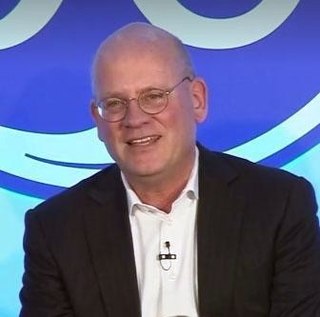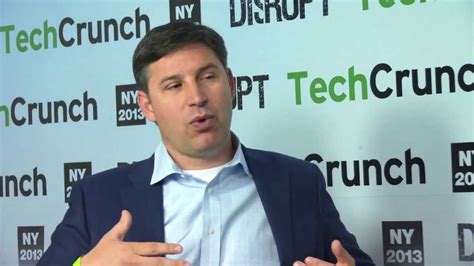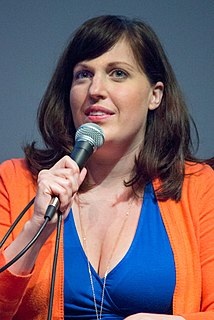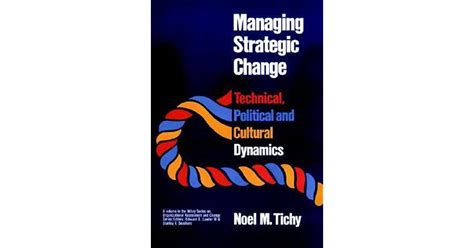A Quote by John L. Flannery
As I looked across the company, there are three things that keep coming up that we need to work on: culture, our operating rigor, and capital allocation.
Related Quotes
The big message is that we need to reimagine and re-engineer how we work - what does work mean and how do we measure what's good? The second thing we need to reimagine is our relationships - who does what and why? One of the biggest things that has helped me and my husband is coming up with a common set of standards about what it takes to run our house, what is a fair way to divide tasks, and how are we going to keep each other accountable?
The financial doctrines so zealously followed by American companies might help optimize capital when it is scarce. But capital is abundant. If we are to see our economy really grow, we need to encourage migratory capital to become productive capital - capital invested for the long-term in empowering innovations.
Thus, the capital owner is not a parasite or a rentier but a worker - a capital worker. A distinction between labor work and capital work suggests the lines along which we could develop economic institutions capable of dealing with increasingly capital-intensive production, as our present institutions cannot.
The current operating system [culture] is flawed. It actually has bugs in it that generate contradictions. We're cutting the earth from beneath our own feet. We're poisoning the atmosphere that we breathe. This is not intelligent behaviour. This is a culture with a bug in its operating system that's making it produce erratic, dysfunctional, malfunctional behaviour. Time to call a tech! And who are the techs? The shamans are the techs.


































